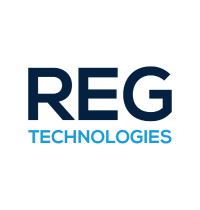Adverse Media Screening
The insurance industry and the regulatory requirements around counterparty risk is always evolving, and so the obligations to minimise the risk and safeguard customers is becoming much more challenging for insurance companies. In the wake of COVID-19, financial crime continues to increase and whilst not all of these can be stopped, it is crucial they are recognised.



















